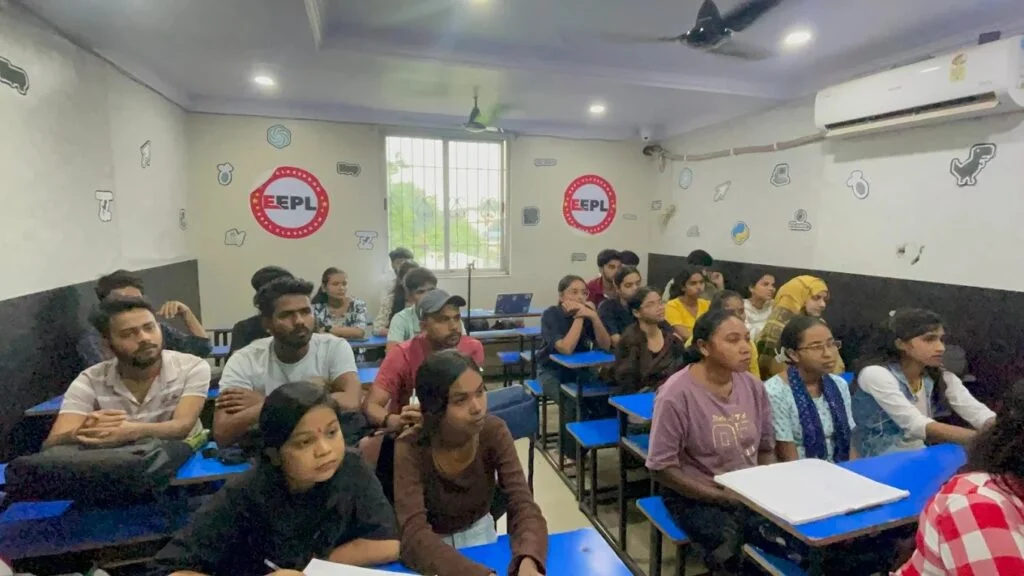As students grow, especially during Classes 8 to 12, life becomes more demanding. School, coaching, homework, and exams take up so much time that there’s little room left for friends, hobbies, or just relaxing.
But here’s the truth: academic success isn’t just about studying all the time. A balanced life — one that includes friendships, fun, and family — leads to better mental health, improved focus, and even higher grades.
In this blog, we’ll explore why balancing academics and social life matters. More importantly, we’ll show how parents can help their children achieve it.
🧠 Why Balance Is So Important
To begin with, many students feel pressure to perform. They spend hours buried in books, often sacrificing sleep, hobbies, and social connections. While dedication is good, overdoing it can lead to:
- Burnout
- Anxiety and stress
- Poor focus
- Weak relationships
On the other hand, a healthy balance helps students feel happier, more energetic, and more motivated to learn. Therefore, it is essential to create space for both academics and personal growth.
🏫 Academics Are Important, But So Is Life
Undoubtedly, academic goals are crucial — especially for board exams, JEE, or NEET. However, students also need time to laugh, play, and build memories. After all, these experiences shape their personality.
In fact, studies show that students who maintain social relationships are more confident, better at teamwork, and more emotionally stable.
💡 How Parents Can Help Their Child Maintain Balance
1. Create a Realistic Study Schedule
To start with, help your child build a timetable that includes study blocks and free time. Short breaks between subjects, time for meals, and 30 minutes for relaxation can make a big difference.
💬 Tip: Encourage the “50-10 rule” – 50 minutes of focused study followed by a 10-minute break. As a result, your child will feel less tired and more productive.
2. Prioritize Sleep and Nutrition
In addition, no student can focus without enough sleep or proper food. Make sure your child:
- Sleeps at least 7–8 hours
- Eats balanced meals
- Drinks enough water
- Avoids too much caffeine
Consequently, better health will lead to sharper focus and more energy for learning.
3. Encourage Social Time (Without Guilt)
Spending time with friends, playing sports, or simply talking with family is not a waste of time. Instead, it builds emotional intelligence and reduces stress.
📌 Even one hour a day of non-academic activity can boost your child’s mental well-being. Moreover, it improves communication skills.
4. Teach Time Management Skills
Another great strategy is teaching your child to manage time wisely. Encourage them to:
- Use a calendar or planner
- Break big tasks into smaller goals
- Prioritize urgent work first
As a result, they will feel more in control and less overwhelmed.
5. Be Their Emotional Support
Finally, always remind your child that their value is not just in their marks. Be there to listen, understand, and guide — not just judge.
👏 Applaud efforts, not just results. Consequently, their confidence will grow when they feel supported.
🚨 Warning Signs of Imbalance
So, how do you know if your child is struggling?
Watch for these signs:
- Loss of interest in studies or hobbies
- Sleep issues
- Mood swings or irritability
- Withdrawing from friends or family
- Falling grades despite long hours of study
If you notice any of these, talk to your child gently. Furthermore, consider professional guidance if needed.
🌟 Final Thoughts
To sum up, academic performance is important, but true success comes from balance. A student who studies smart, takes breaks, connects with people, and cares for their mental health is far more likely to succeed than one who studies non-stop.
At EEPL Classroom, we focus on not just academics, but the overall development of our students. We offer time management sessions, stress workshops, and emotional support for students and parents alike.
👨👩👧 Want to help your child grow academically and emotionally?
👉 Join EEPL Classroom or talk to our counselors today.











